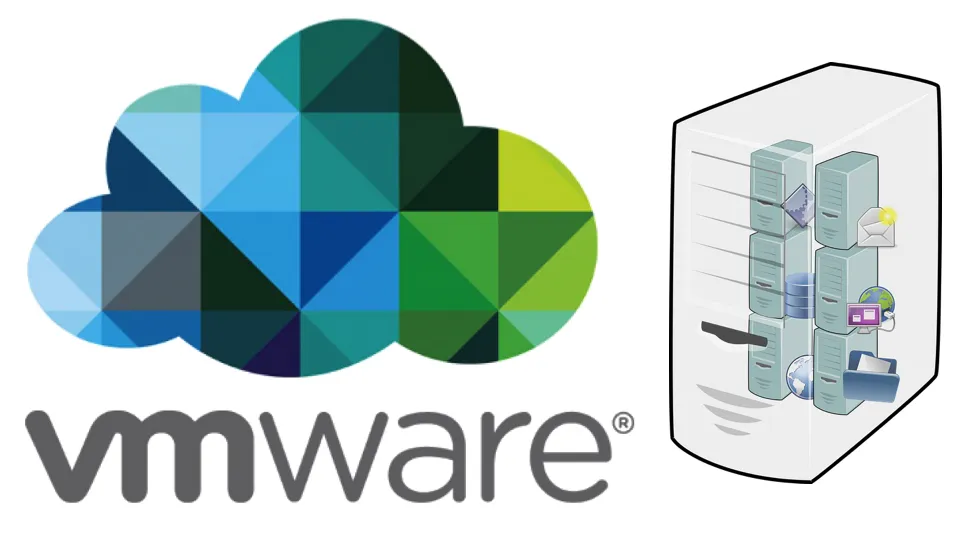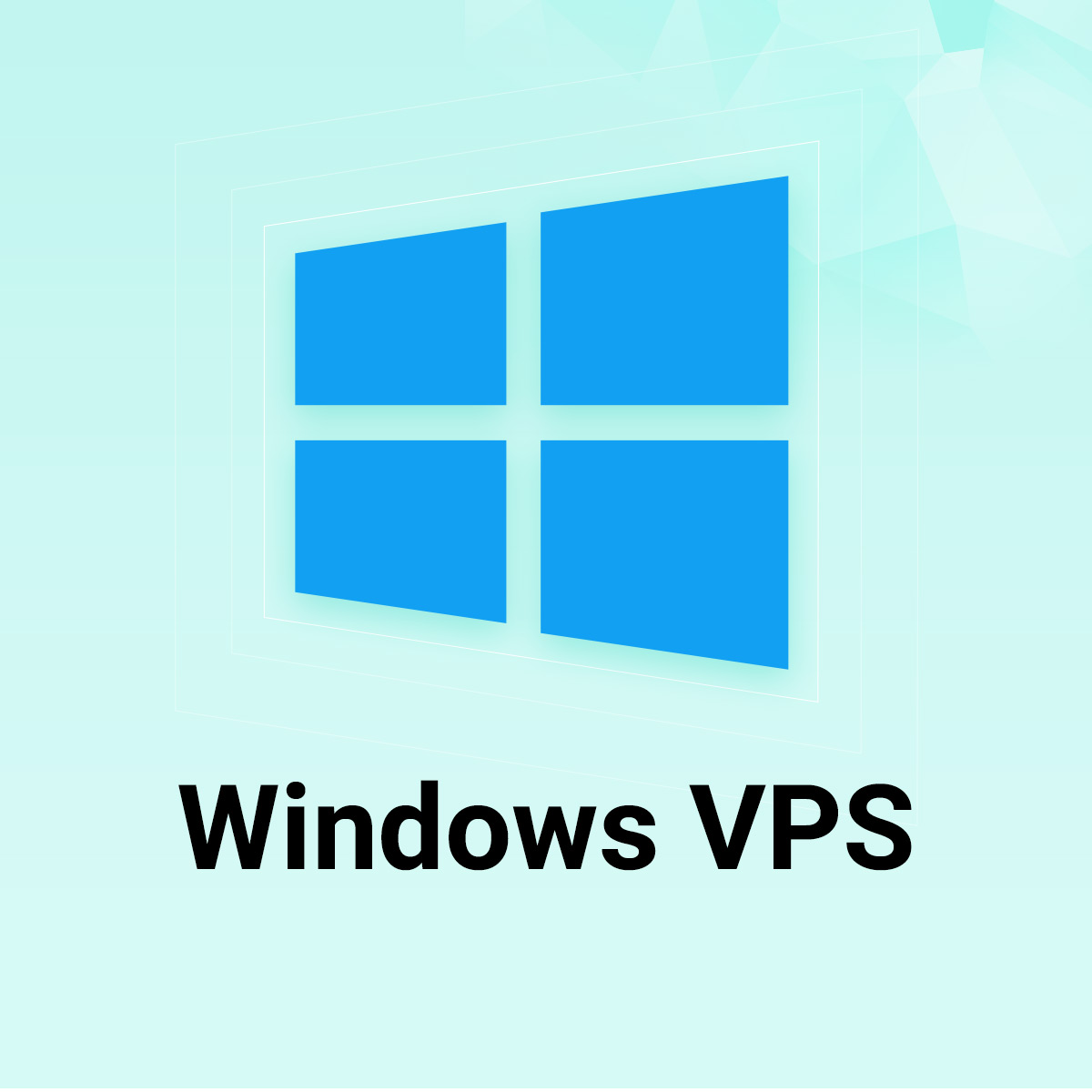When selecting a VPS hosting solution, choosing the right virtualization technology is crucial for performance, scalability, and security. Two of the most widely used VPS virtualization technologies are VMware and KVM. Understanding their differences can help you determine the best option for your Windows VPS or Linux-based hosting.
What is VMware?
VMware is a proprietary virtualization platform known for its enterprise-grade performance, security, and ease of management. It allows multiple virtual machines (VMs) to run on a single physical server with high efficiency. VMware’s hypervisor technology ensures optimized resource allocation and stability, making it a preferred choice for business-critical applications. It supports features like vMotion, Distributed Resource Scheduler (DRS), and High Availability (HA), which enhance workload balancing and uptime. However, its proprietary nature means licensing fees, which can be a factor for budget-conscious users.

Advantages of VMware
- Enterprise-Level Stability: VMware is widely used by large organizations due to its reliability and support.
- Advanced Features: Tools such as vMotion enable seamless VM migration.
- Comprehensive Management Tools: vCenter provides centralized control over multiple VMs.
- Strong Security Measures: Offers built-in security features to protect against cyber threats.
Disadvantages of VMware
- Higher Cost: VMware requires a license, which may not be suitable for budget-conscious users.
- Limited Open-Source Flexibility: Unlike KVM, VMware does not allow full access to modify its underlying code.
What is KVM?
KVM (Kernel-based Virtual Machine) is an open-source virtualization solution integrated into the Linux kernel. It transforms a Linux-based system into a hypervisor, enabling the creation of multiple independent VMs. KVM VPS solutions are known for their flexibility, strong security, and cost-effectiveness, making them a popular choice among developers and businesses looking for an affordable VPS hosting option. Since KVM operates as a type-1 (bare-metal) hypervisor, it delivers near-native performance and offers better customization options through libvirt, QEMU, and VirtIO integrations. Unlike VMware, KVM is free and continuously improved by the open-source community.
Advantages of KVM
- Open-Source and Free: No licensing fees make it an affordable choice.
- High Performance: Direct integration with the Linux kernel provides near-native speeds.
- Flexible and Customizable: Users have full control over the hypervisor settings.
- Strong Security: Uses SELinux and AppArmor to protect virtual machines.
Disadvantages of KVM
- Complex Setup: Requires technical expertise for proper configuration.
- Limited GUI Management Tools: Unlike VMware, KVM relies on third-party tools like Virt-Manager for graphical interfaces.
Key Differences Between VMware and KVM
1. Performance
- VMware: Offers high performance and resource efficiency, particularly for enterprise workloads. Optimized for advanced workloads with minimal latency.
- KVM: Provides near-native performance as it directly integrates with the Linux kernel. Works well for both personal and enterprise applications with greater flexibility.
2. Scalability
- VMware: Ideal for large-scale businesses that require advanced features such as live migration, automated failover, and centralized management.
- KVM: Suitable for growing businesses looking for a scalable and cost-effective solution. Supports cloud integration with OpenStack and Proxmox.
3. Security
- VMware: Implements robust security protocols, enterprise-grade protections, and compliance with industry standards. Supports NSX for network security.
- KVM: Leverages Linux’s inherent security features, offering a stable and secure environment. Supports SELinux and AppArmor for enhanced isolation.
4. Cost
- VMware: Requires licensing fees, making it a more expensive choice. Suitable for enterprises that require dedicated vendor support.
- KVM: Being open-source, it is more budget-friendly without sacrificing performance. Lower total cost of ownership, making it attractive for startups and developers.
5. Management & Ease of Use
- VMware: Offers an intuitive, GUI-based management system through vCenter, making it user-friendly for administrators.
- KVM: Requires more manual configurations, though it can be managed with tools like Virt-Manager, Cockpit, and command-line utilities.
6. Hardware Compatibility
- VMware: Compatible with a wide range of enterprise hardware and cloud environments.
- KVM: Works best with Linux-based infrastructures and supports diverse hardware configurations.
Use Cases for VMware and KVM
When to Choose VMware
- Large enterprises that need a well-supported, robust virtualization platform.
- Businesses requiring advanced automation, backup, and recovery features.
- Organizations that prioritize ease of use with GUI-based management tools.
When to Choose KVM
- Companies looking for an open-source and cost-effective VPS hosting solution.
- Developers who want full control over their virtualization environment.
- Businesses that prefer Linux-based infrastructures for their scalability and security.
Which Virtualization Technology is Right for Your VPS?
Choosing between VMware and KVM depends on your specific hosting requirements. If you need an enterprise-level solution with advanced management features, VMware VPS is a great choice. However, if you prefer an open-source, high-performance, and cost-effective virtualization solution, KVM VPS is an excellent option.
For businesses prioritizing scalability, automation, and enterprise support, VMware is a reliable option. However, if you need an affordable and flexible VPS hosting solution with strong security, KVM VPS is the better alternative.
For the best Windows VPS experience, selecting the right VPS hosting provider with robust virtualization technology is essential. Whether you opt for VMware VPS or KVM VPS, ensure that your hosting provider offers reliable performance, security, and scalability to meet your business needs. A well-optimized VPS solution will guarantee smooth operations and long-term growth for your online presence.
Final Thoughts
Both VMware and KVM are powerful virtualization technologies, each with its own set of advantages and drawbacks. Understanding their differences can help you make an informed decision that aligns with your business needs. If you’re looking for the best Windows VPS hosting solution, evaluating factors like cost, scalability, and security will ensure you get the most value out of your chosen virtualization technology. Whether you go with VMware VPS for enterprise stability or KVM VPS for open-source flexibility, making the right choice will enhance your VPS hosting experience and improve operational efficiency.

